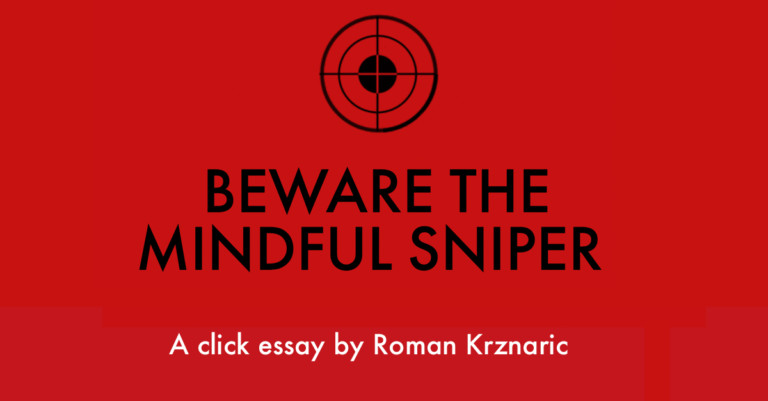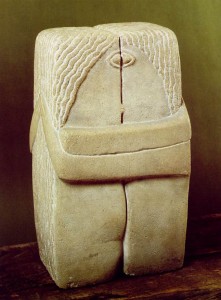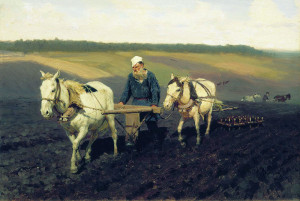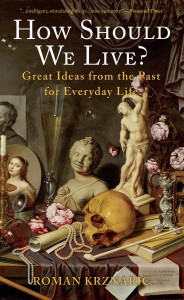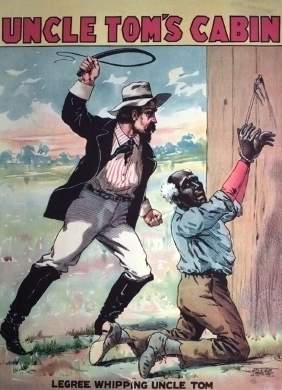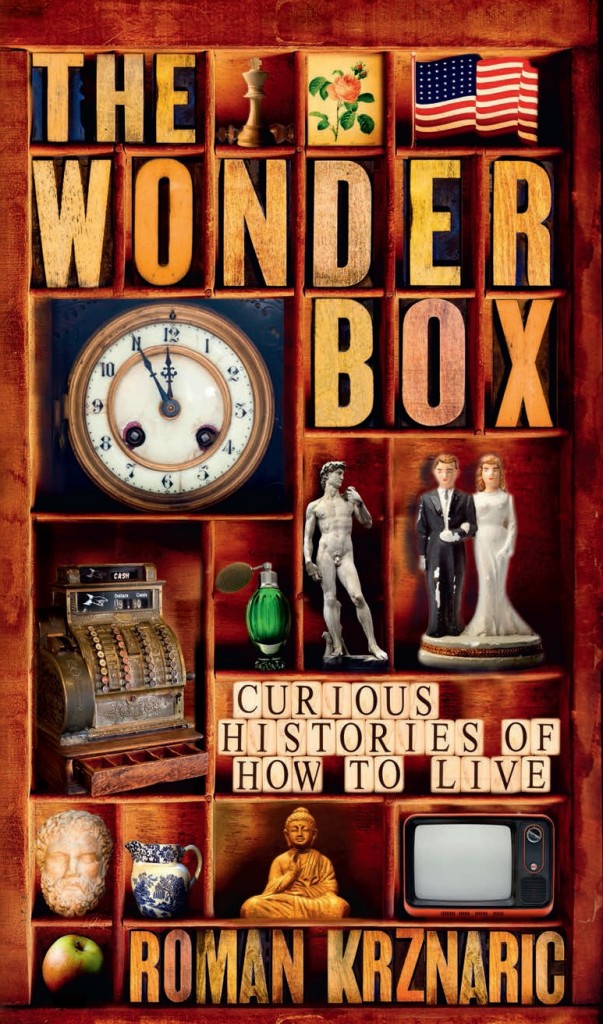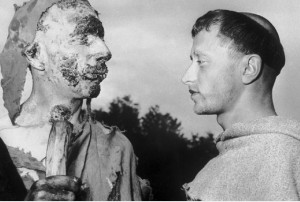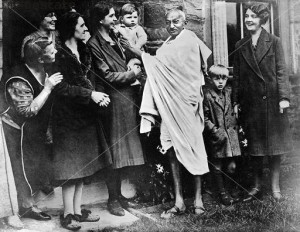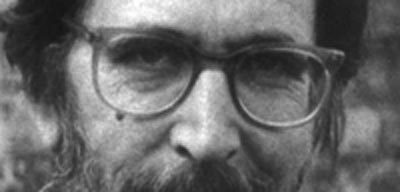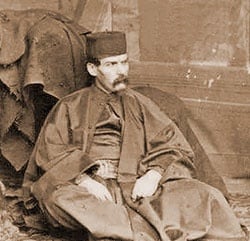I’ve been a fan of mindfulness for years, and have done a good deal of sitting in Buddhist meditation classes and also tried some of the new secular mindfulness courses too. As with many people, mindfulness has helped me when I’m stressed, been a source of spiritual solace, and acted as a ballast in my life. It’s offered me the gift of present moment awareness, rescuing me from the modern curse of digital distraction.
But when I began looking into it more deeply when researching my new book Carpe Diem Regained: The Vanishing Art of Seizing the Day, I started having creeping doubts about it. One of the most confronting moments was when I asked renowned Buddhist thinker Matthieu Ricard (best known, to his playful annoyance, as the happiest man in the world) what he thought about the modern secular versions of mindfulness, such as Mindfulness Based Stress Reduction and Mindfulness Based Cognitive Therapy. His response surprised me. This is what he said:
There are a lot of people speaking about mindfulness, but the risk is that it’s taken too literally – to just ‘be mindful’. Well, you could have a very mindful sniper and a mindful psychopath. It’s true! A sniper needs to be so focused, never distracted, very calm, always bringing back his attention to the present moment. And non-judgemental – just kill people and no judgement. That could happen!
Ricard was only half-joking, because he knows that secular mindfulness courses have become popular in military training and amongst Wall Street bankers, who hope it will keep them calm and give them the edge when the financial stakes are high. He then told me about a study at the Max Planck Institute in Leipzig showing that taking a mindfulness course can help you deal with stress but has no discernible impact on pro-social behaviour.
It was shocking to hear, especially from a guy who has spent four decades doing mindfulness meditation in the foothills of the Himalayas. For Ricard, the Buddhist approach to mindfulness – unlike its secular counterpart – doesn’t have this problem of being ‘mindfulness without morals’, as it emphasises concepts such as compassion, caring, empathy and altruism.
So if you happen to be someone who has benefited from mindfulness, and made it part of your life, I think it’s worth challenging yourself and exploring some of its somewhat darker sides.
I do so in detail in my new book, dedicating a whole chapter to mindfulness as a form of ‘seizing the day’ and living in the moment – and subjecting it to scrutiny. To give you a taster, have a look at this free, shareable, ‘click essay’ extract from the book, which you can read in just 3 minutes: Beware the Mindful Sniper.

